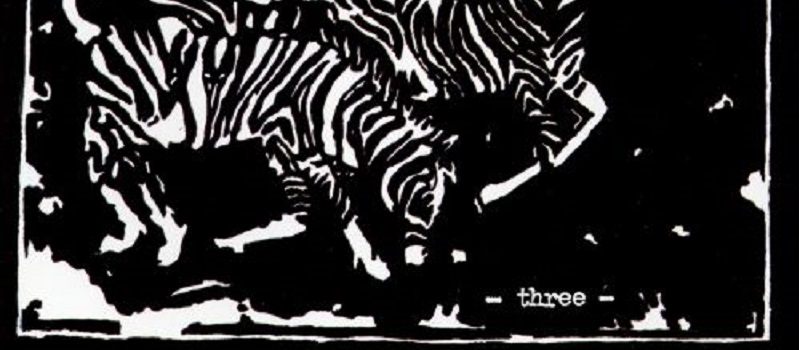That criticism aside, Richman’s record would sound good with the right set of ears.
Guitar-driven power-pop tracks like “Mary-Anne,” “Baby, I’ve Changed,” and “Warsaw” are clean and well-crafted parts of your daily AOR radio diet, and, surprisingly, Richman doesn’t let his craft lose steam or direction when he slows things down on songs like the somewhat-acoustic ballad “Broken Glass” or the angst-ridden quiet/loud number “From the Pain.”
(It’s on tracks like “From the Pain” where Richman also stakes out his claim as candy for distraught teens with lyrics like “You wanted to be everything / I couldn’t give you anything / It’s better now, I love you still / Got promise from the pain” or “With all of the time I’ve watered this one seed / It’s funny to find it feels so much better to bleed.”)
One of the record’s stand-out tracks, “The Loneliness Song,” is a blend of the two approaches: a pop-rock tune whose finest parts may be almost-funky acoustic guitars and a streamlined chorus that allows vocal refrains to be delivered as one, long extended series of syllables.
Elsewhere, Richman strays from the formulas and stumbles, however briefly, upon some illuminating moments. For these, look to the Weezerish sway and bounce of the almost doo wop-influenced “Song 10” (it’s actually song number eight) or the surprisingly vibrant succession of guitars that introduce “Here Anymore.”
The record’s 11th track, “I’m So Crazy,” may be typical, acoustic-tinged verse-chorus-verse pop, but the 12th, the closing “Lost on Timing,” swirls around unexpected synth washes, electronically assisted backbeats, and a minute-long instrumental fade that has a bizarre kind of grace and introspection to it.
On a six-minute Quicktime video included on the Or Music CD, we follow Richman as he explains his approach as a home-recorder (he performed all of Patience and Science on his own in Allentown, Penn., it seems), plays a live set with his touring band, “rehearses” in a spacious New York City (?) apartment, or walks city streets in faux-intellectual glasses.
The piece is a bit of healthy promotion — we get snippets of all the songs in music video fashion — but it also preemptively acknowledges the pop influences on the disc, for better or worse, and plays down that punk sneer.
As it closes, Richman acknowledges his music isn’t saying anything new, but he hopes it’s saying it in a way that hasn’t been done.
The 12 songs on his latest full-length are well-recorded, catchy, poppy in a safe way but just distinctive enough to separate him from the less-talented hordes. They’re certainly ready for the radio.
But groundbreaking or new? It takes more than a lip-ring to get there. Delusions of Adequacy, July 22, 2005




